
Anxiety attacks and heart attacks are often misdiagnosed by the person having them. They feel very similar and are both terrifying.
If you have experienced an anxiety attack you know that it is based in your heart center. You feel it in your chest often in the form of butterflies and even heart palpitations. You may even have an elevated heart rate level during times of raised anxiety and trouble breathing normally.
Anxiety is not healthy, especially on an ongoing basis. Stress can make you physically sick as well as emotionally. When chronic, anxiety can increase your risk for heart issues.
While normal types and amounts of stress are healthy and motivating, being anxious now and then is normal. If it becomes chronic that it may pose a negative threat to your wellbeing.
40 Million people in the USA experience anxiety yearly. Generalized anxiety disorder is defined by at least 6 months of excessive worrying or feeling anxious about unrelated events. Approximately 5% of adults meet the criteria for this disorder. The incidence is higher, coming in at 11% among those with coronary artery disease and 13% of those with heart failure.
It has not been established whether anxiety sets off heart disease or vice versa. It is known that chronic anxiety can change the way the body reacts to stress. This happens via hormones and physiological reactions meant to keep us safe – known as the flight or fight response.
If your fight or flight response is constantly engaged it can lead to heart issues as well as adrenal burn out which may, in turn, cause other endocrine system issues.
Confusing Anxiety for a Heart Attack
A panic attack is so very similar in feel to a heart attack people often mistake them. Upon a trip to the ER, you will receive a diagnosis of non-cardiac chest pain. As many as 1 in 3 people will experience this in their lifetime.
What Can You Do?
The best answer medical professionals have found so far is a combination of medication and talk therapy. A cognitive behavioral therapist will help you identify unwanted thoughts and establish what is anxiety based and what is something that genuinely needs to be looked at and considered.
Medications work as a temporary bandaid to allow you to get through tough anxiety-filled times while working through the root cause with a therapist or on your own using tools such as automatic writing, meditation, yoga, or other relaxation healing based activities.
The best advice is never to ignore chest pain of unknown source. It is far better to be safe than sorry. If you are in the Tampa Florida area and looking for a cardiologist we invite you to check out the physicians at Tampa Cardiovascular Associates. www.tampacardio.com 813-975-2800.

 Not much was known about the dangers of sugars to the body until recent years.
Not much was known about the dangers of sugars to the body until recent years.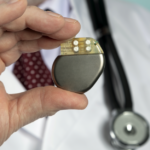
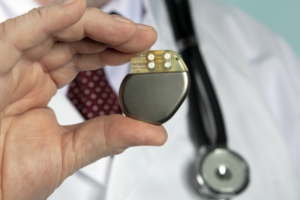 A pacemaker can save your life, but it is also sure to alter it as well.
A pacemaker can save your life, but it is also sure to alter it as well.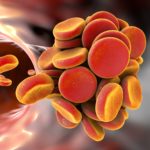
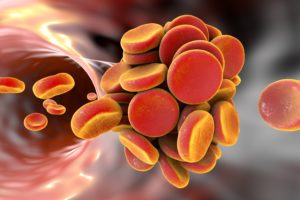 Your heart pumps the blood through your arteries and then returns it to the heart where the process starts again. Blood is constantly flowing throughout the body. When motion and current cease blood can become stagnant, resulting in the possibility of blood clots.
Your heart pumps the blood through your arteries and then returns it to the heart where the process starts again. Blood is constantly flowing throughout the body. When motion and current cease blood can become stagnant, resulting in the possibility of blood clots.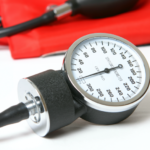
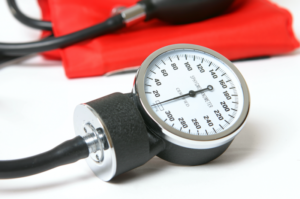 Blood pressure
Blood pressure Chiropractic care is a safe, alternative treatment when applied appropriately. Chiropractic treatments help in dealing with the symptoms of many conditions. Are you going to wait for your symptoms to be felt, or are you going to prevent them before they start?
Chiropractic care is a safe, alternative treatment when applied appropriately. Chiropractic treatments help in dealing with the symptoms of many conditions. Are you going to wait for your symptoms to be felt, or are you going to prevent them before they start?
 The answer is YES sugar can harm your heart when eaten in excess.
The answer is YES sugar can harm your heart when eaten in excess.